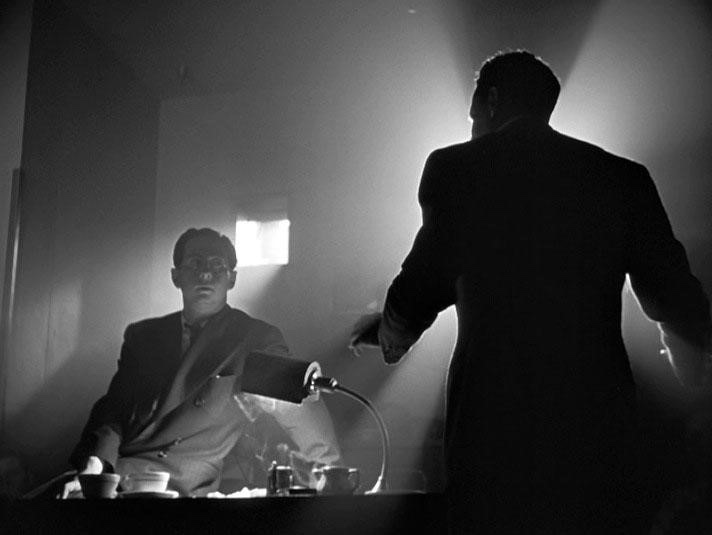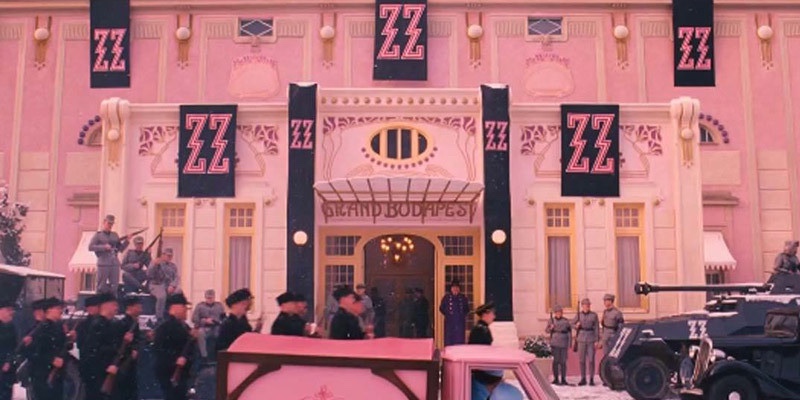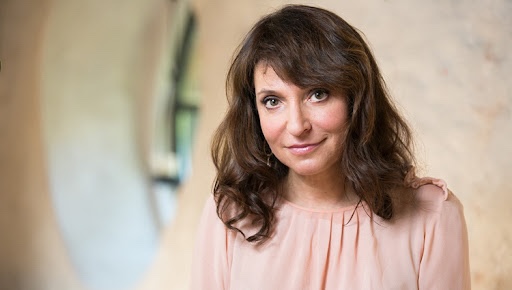Originating from the French masculine word for ‘author’, an auteur is defined as a film director who influences their films so much that they rank as their author. Auteurs possess full creative control over each of their respective works and thus, the viewer is able to identify a film as being part of an auteur’s filmography from a wide range of observable tropes, such as: patterns, repetition, and motifs.
The idea of ‘auteurship’ originated in the Cahiers du Cinema magazine (founded in 1951 by French film critic and theorist André Bazin) to praise directors that demonstrated particular artistic finesse within the studio system. The first auteurs included notable names such as Alfred Hitchcock and Orson Welles – names that are still ever-pertinent within cinema to this day.
Hitchcock established himself as an auteur through his groundbreaking implementation of filmic techniques, such as utilising lighter film cameras, allowing him to have fluid camera movements within a scene. This aided the viewer in becoming immersed within the viewpoint of a specific character, such as being able to empathise with the fear of heights that John Ferguson has in Vertigo (1958). Orson Welles is regarded by many as the “ultimate auteur”, utilising a range of revolutionary and innovative compositional techniques in order to convey narrative effectively. Welles’ scenes were often lit with high contrast, meaning that characters were often displayed completely in silhouette. This helped to create a looming sense of mystery and intrigue within his films.

Auteurs are renowned by audiences for the ways in which each individual artist creatively utilises the elements of film form at their disposal. Including the likes of Christopher Nolan, some auteurs are regarded for their manipulation of narrative. Nolan often toys with the concept of time and space throughout his body of work. Other contemporary auteurs such as Wes Anderson are acclaimed for imbuing each of his films with meticulous symmetry alongside an opulently lavish aesthetic. His apt use of a pastel colour palette throughout The Grand Budapest Hotel (2014) is highly evocative as well as distinctively recognisable.

Despite this, the concept of auteurship has been criticised by critics such as Pauline Kael, proclaiming that auteur theory “glorifies trash” and encourages directors to reproduce the same film time and time again. Kael argued that each film should be critiqued on its own merit, rather than solely due to a specific person creating it. Others have argued that filmmaking is a collaborative process, and auteur theory undermines the role of the crew. All credit garnered by the film is then placed under one singular name, and other creative minds who may have contributed towards the film are diminished.

You must be logged in to post a comment.